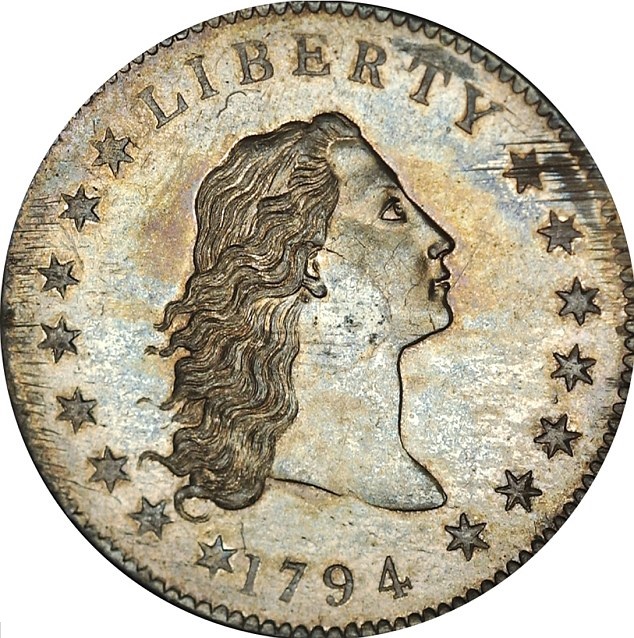Managing your finances can be a challenging task, especially when faced with the temptation of impulse purchases. These spontaneous buys can quickly throw your budget off track and leave you struggling to make ends meet. However, with a bit of discipline and planning, you can avoid falling into the trap of impulse purchases and stay on track with your budget.
One of the first steps to curbing impulse purchases is to create a budget and stick to it. Take the time to sit down and outline your monthly expenses, including bills, groceries, and any other necessities. Allocate a specific amount for each category, and try your best to stick to it. By having a clear understanding of where your money is going, you can better avoid overspending on unnecessary items.
Another helpful tip is to use the “The First Dollar” rule. This rule entails setting aside a portion of your income as soon as you receive it. This can be in the form of saving or investing your money before spending it on anything else. By making saving a priority, you can resist the urge to splurge on impulse purchases and instead focus on building your financial stability.
It’s also essential to track your spending habits. Keeping a record of your purchases can help you identify any patterns or triggers that lead to impulse buys. By being mindful of your spending habits, you can make more conscious decisions about where your money is going and avoid unnecessary purchases.
One effective strategy to avoid impulse purchases is to create a designated shopping list before heading to the store. Stick to the items on your list and resist the urge to deviate from it. By planning your purchases in advance, you can avoid being swayed by tempting displays or sales promotions.
Additionally, try to limit your exposure to temptation. Unsubscribe from promotional emails, avoid browsing online shopping sites, and steer clear of malls or stores if you know they trigger impulse purchases. By reducing your exposure to temptation, you can lessen the likelihood of making spontaneous buys.
Lastly, it’s essential to give yourself some leeway in your budget for occasional treats or splurges. Allowing yourself the occasional reward can help prevent feelings of deprivation and make it easier to stick to your budget in the long run.
In conclusion, avoiding impulse purchases and sticking to your budget requires discipline and self-control. By implementing strategies such as creating a budget, using the “The First Dollar” rule, tracking your spending habits, and planning your purchases in advance, you can better manage your finances and avoid falling into the trap of impulse buys. Remember that financial stability is a journey, and with determination and perseverance, you can achieve your goals.
——————-
Article posted by:
The First Dollar
https://www.thefirstdollar.net/
(734) 864-6920
Ann Arbor, MI, United States
We are the premier source for gold, silver, and rare coins with the best prices online or off. Check out our site to start buying today!
